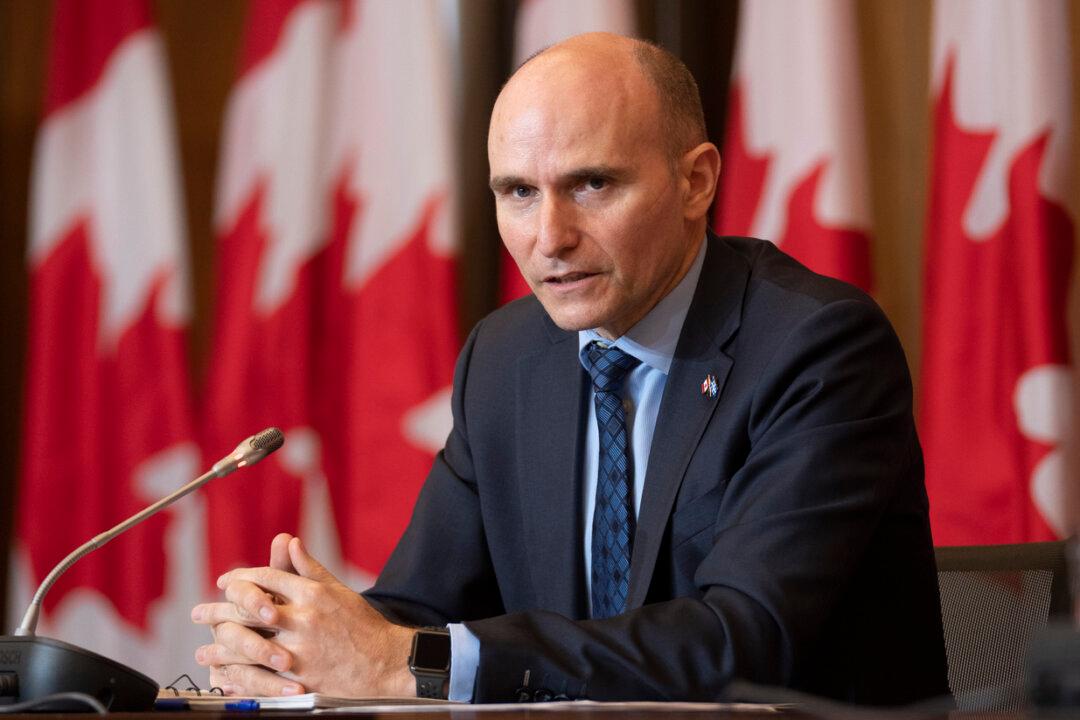Canada’s Health Minister Jean-Yves Duclos said Friday his government expects to announce changes to border measures next week, with the “worst of Omicron now behind us.”
During a press conference in Ottawa providing an update on COVID-19, Duclos didn’t hint at what those changes would entail, but this week the Opposition Conservatives criticized the border measures as being out of step with the rest of the developed world.





